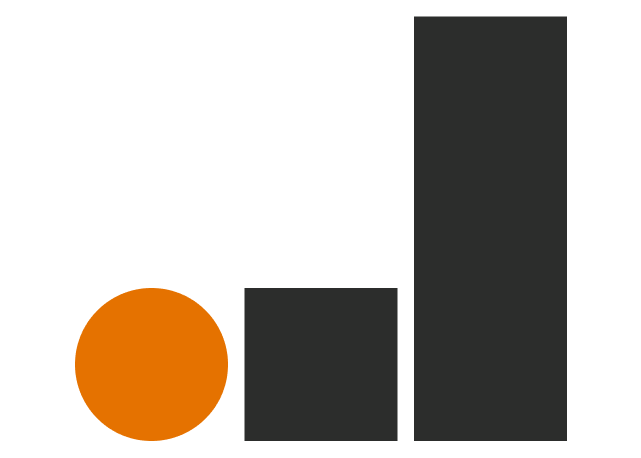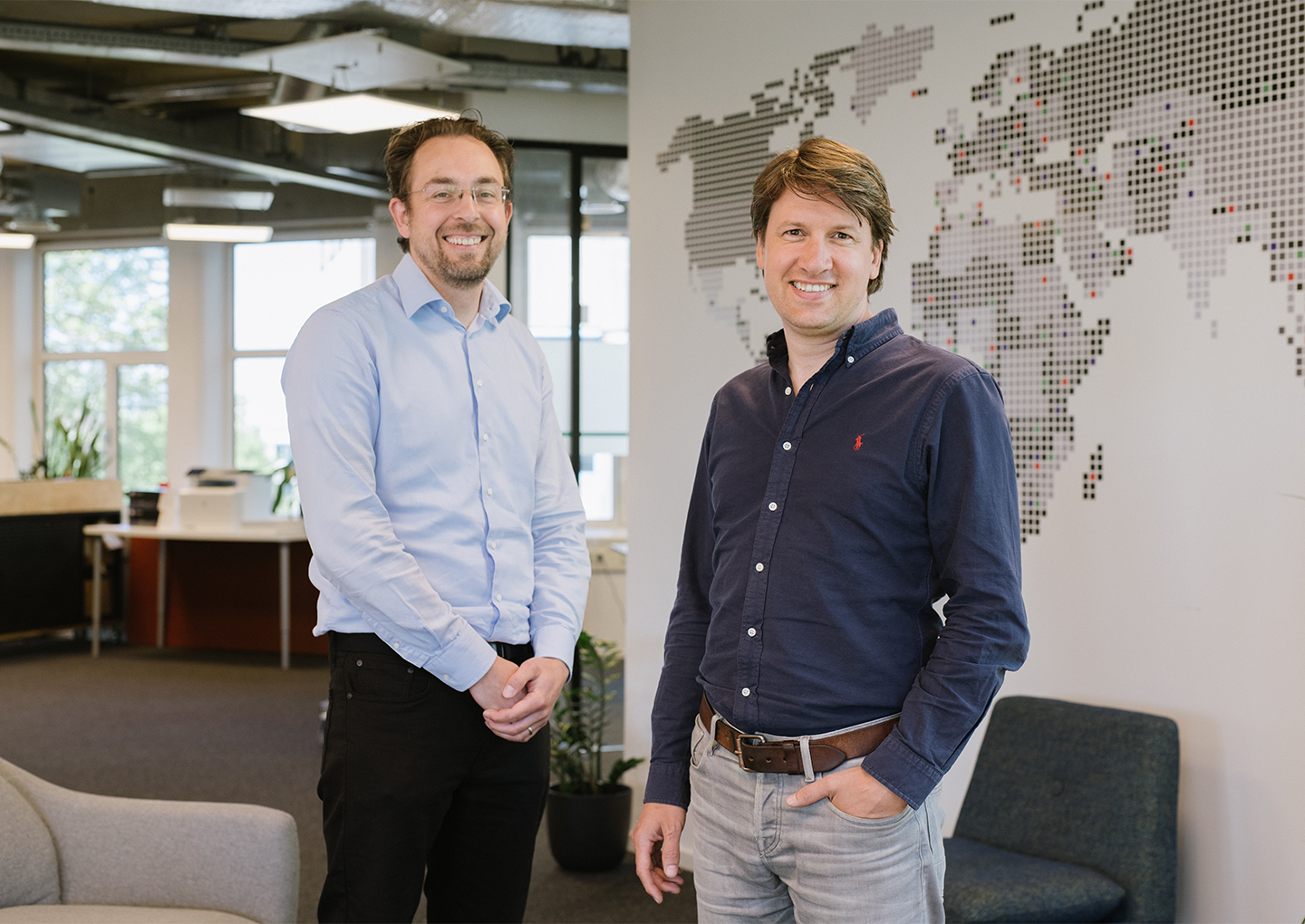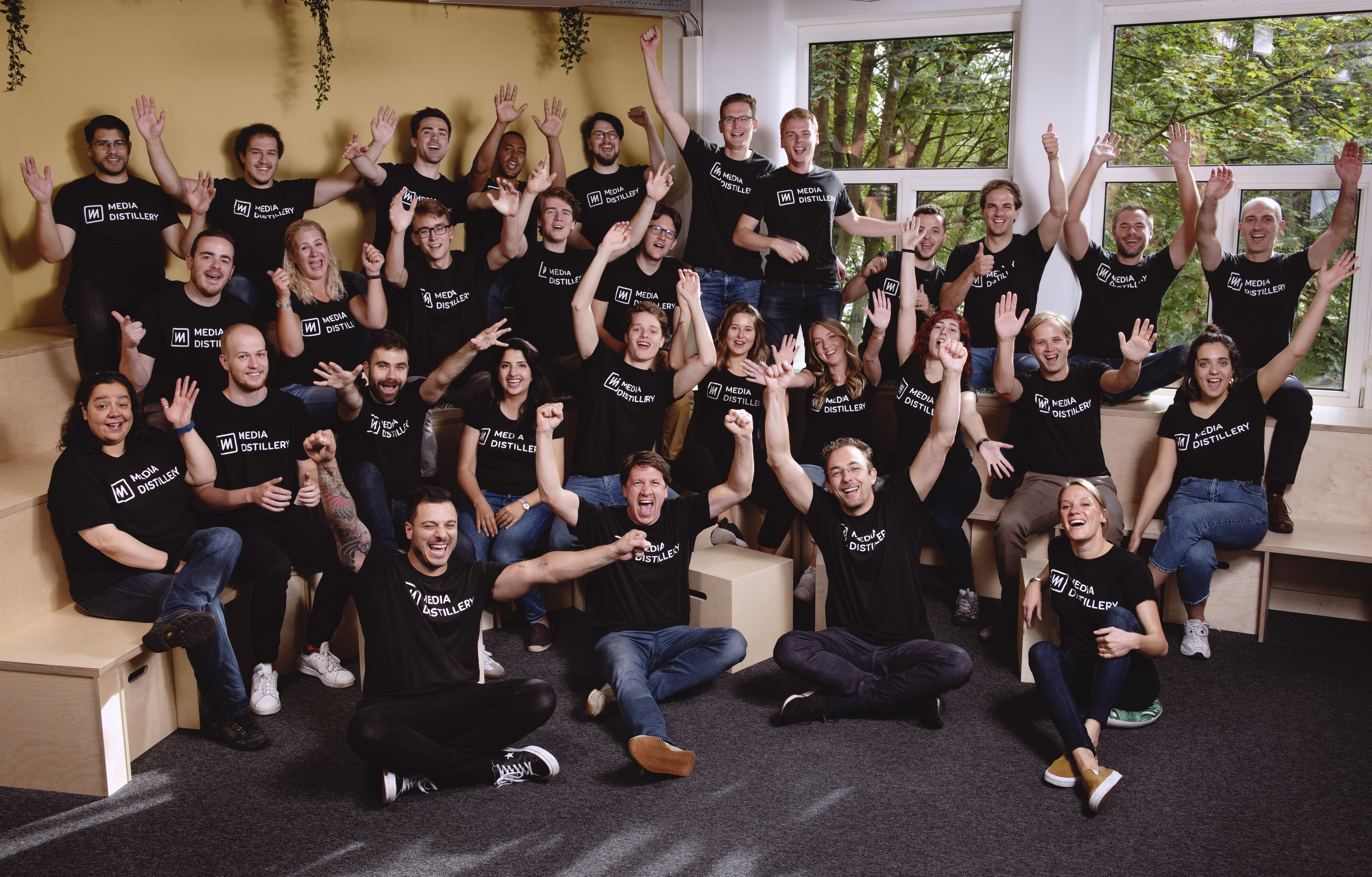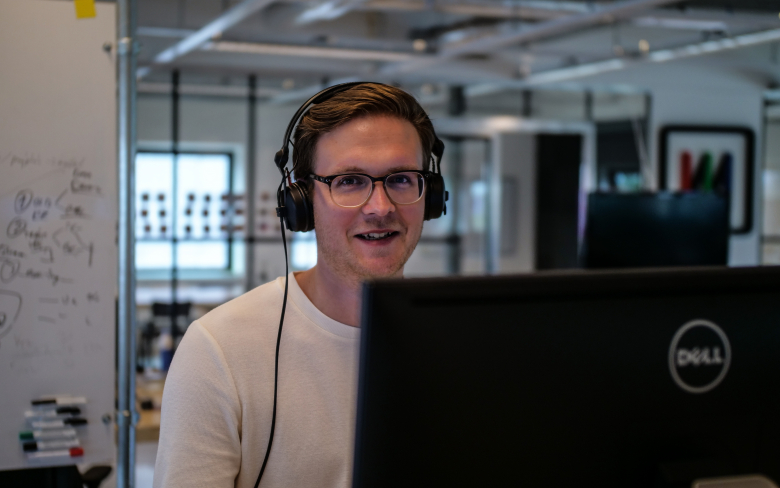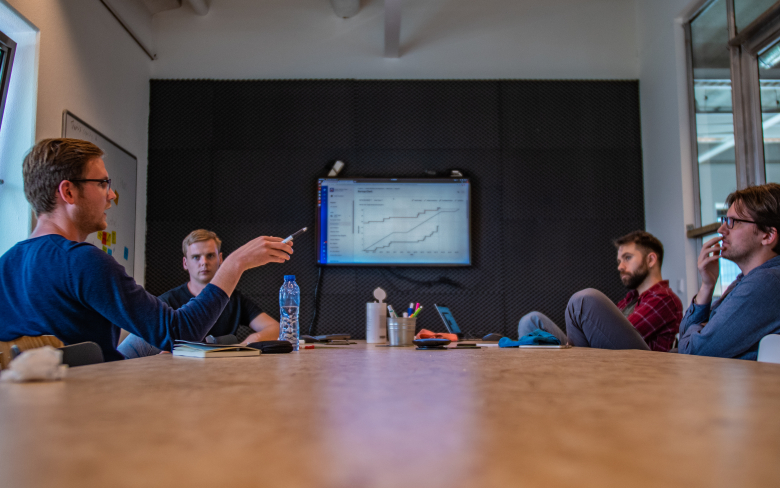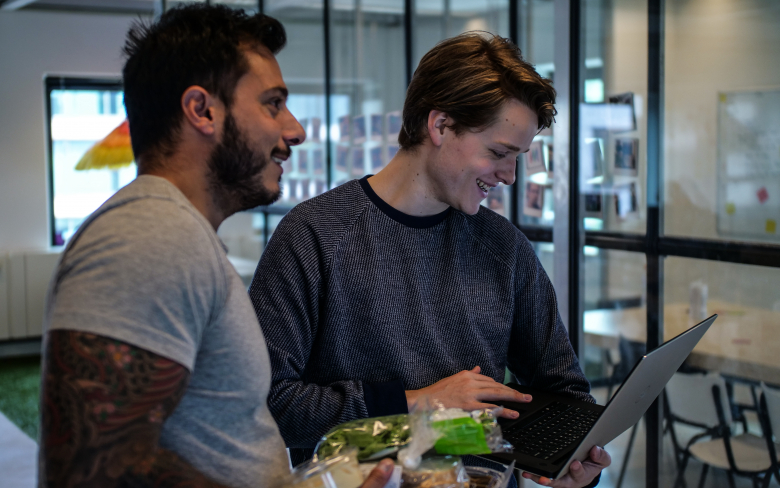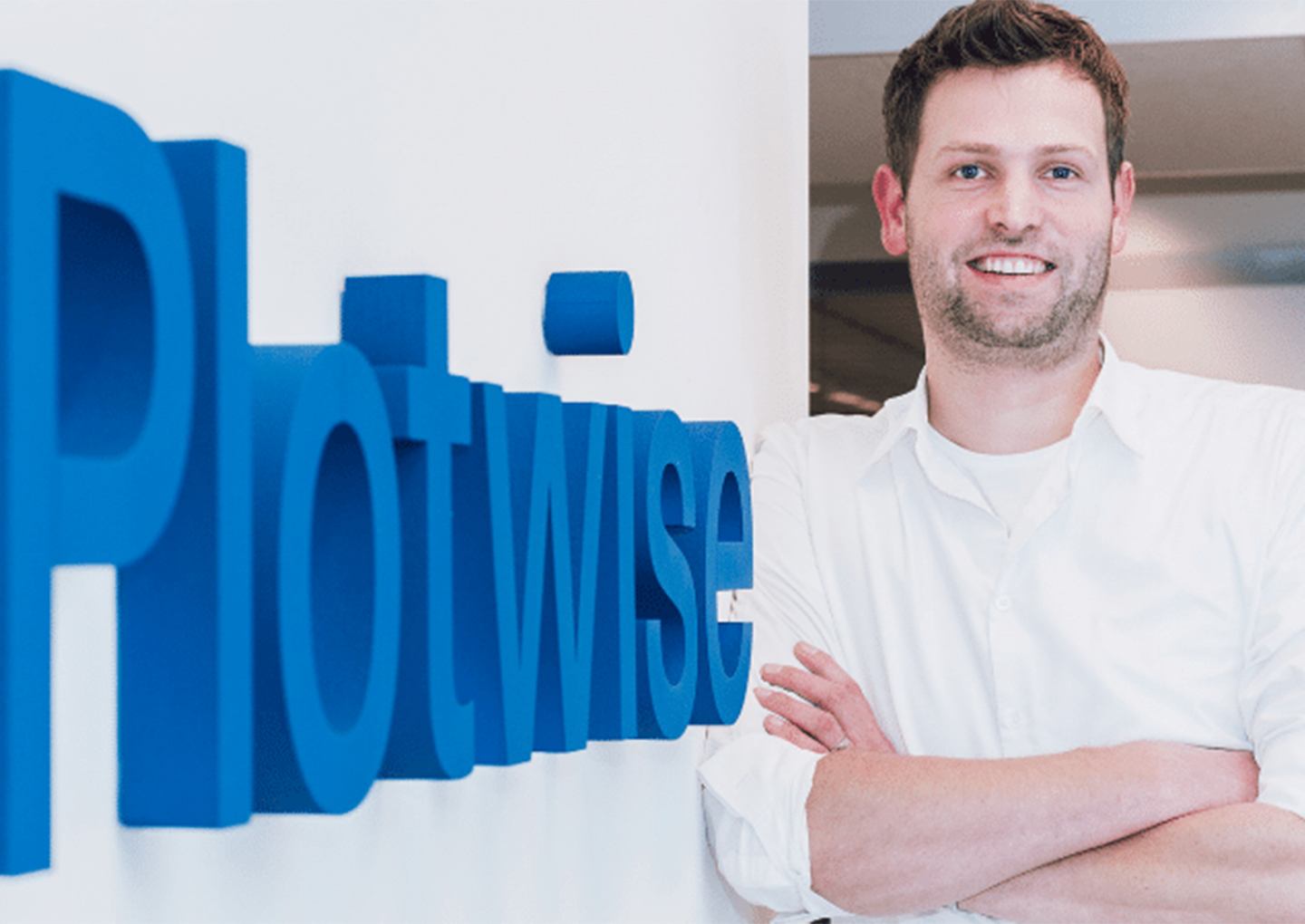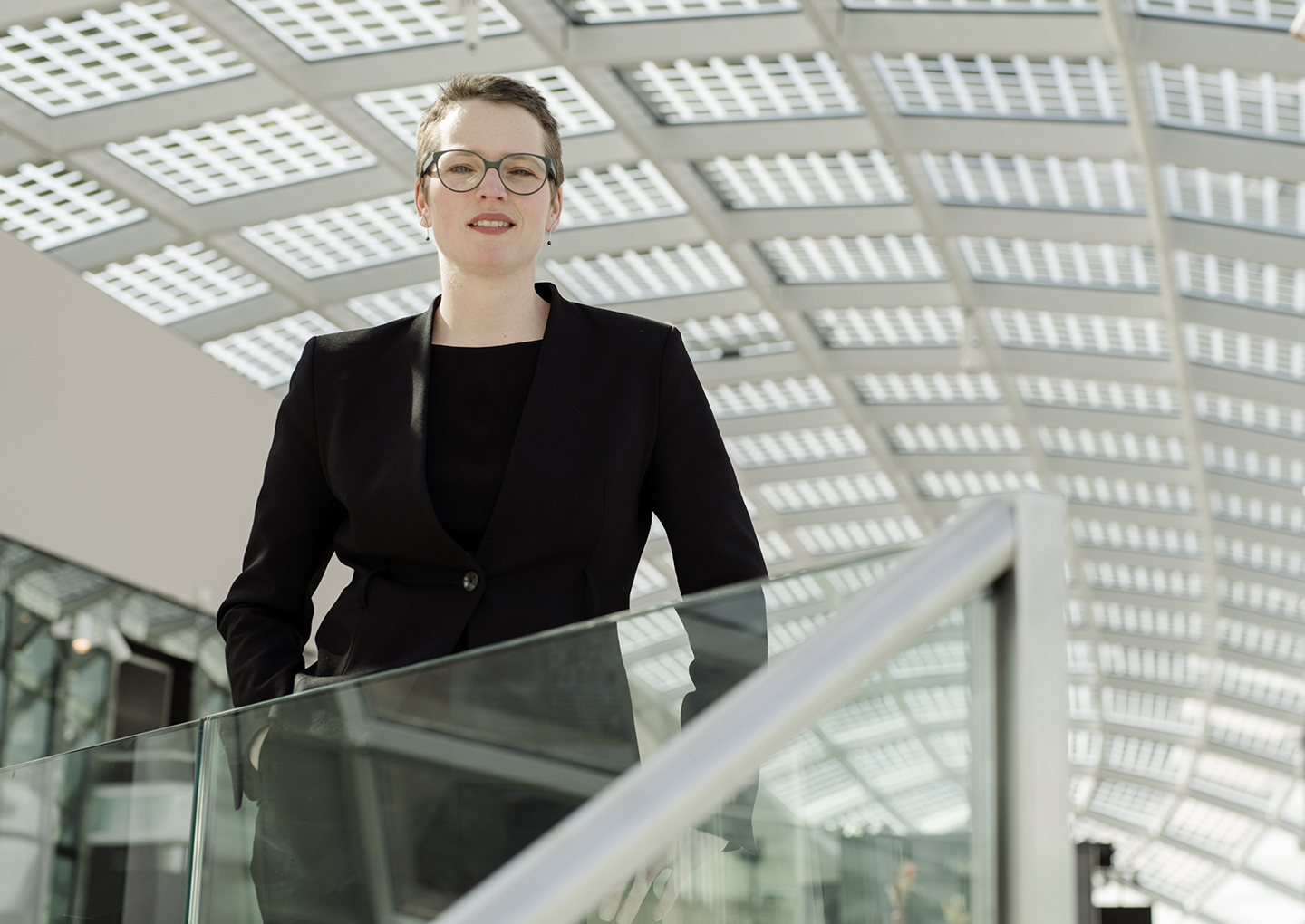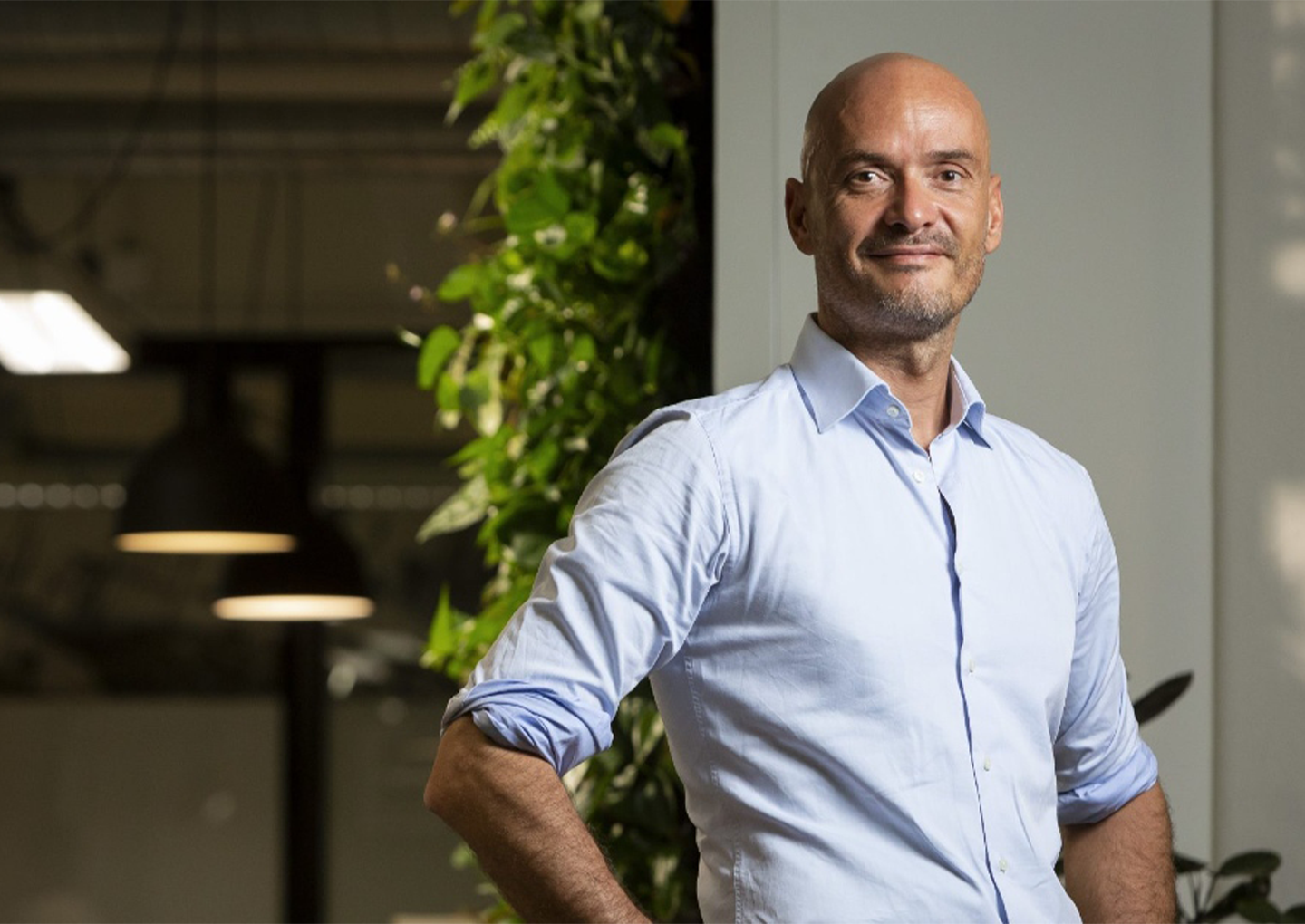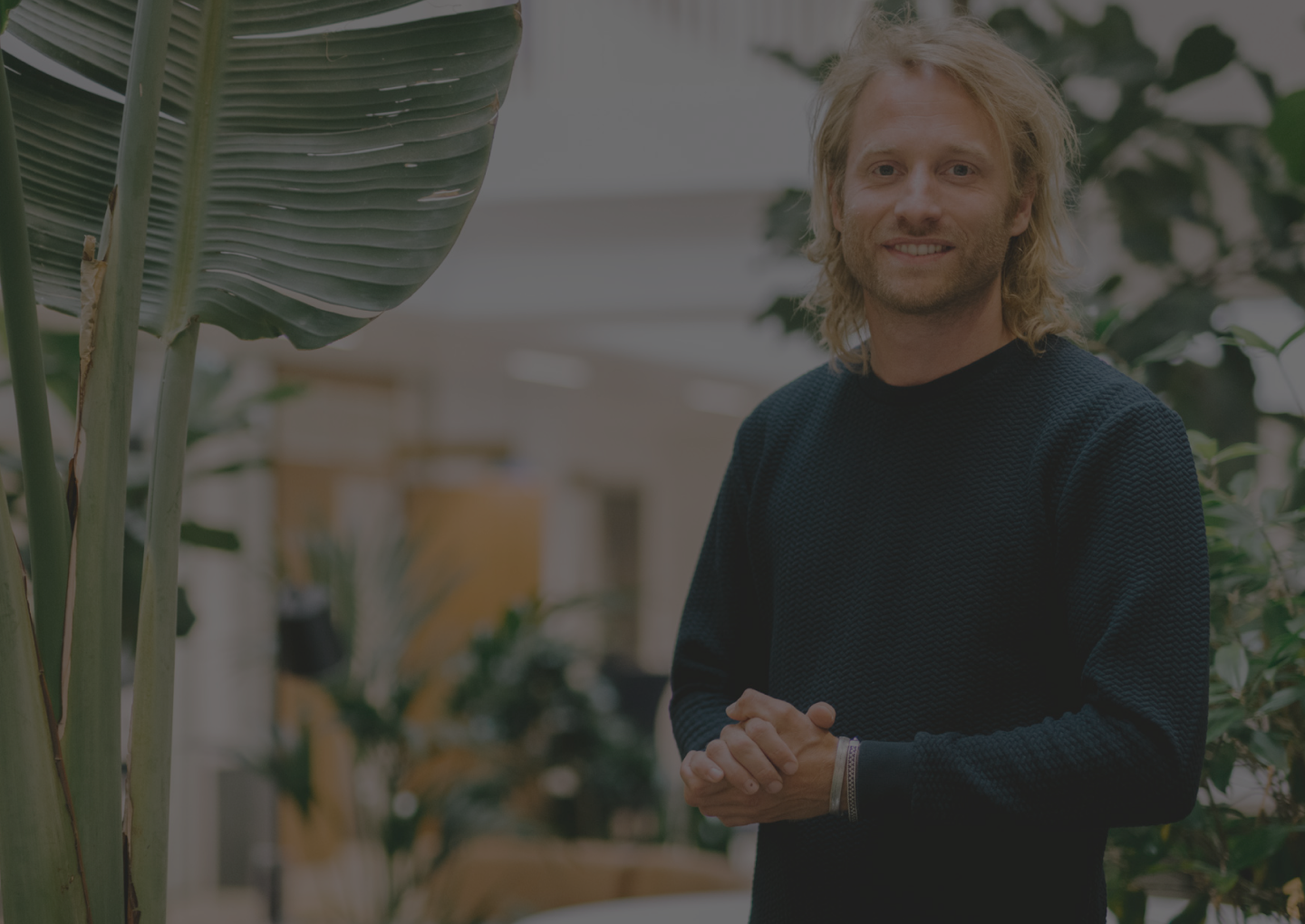For obvious reasons, COVID saw demand for Media Distillery’s object recognition software rise higher than ever before. However, they’re not exempt from the common issues hitting most businesses like not being able to meet face-to-face with potential customers and the toll that working from home inevitably takes on staff.
“Our industry is lucky enough to not be too badly impacted. Actually the amount of video consumption just grew, therefore the importance of video platforms did too.
“What is a challenge, is that we rely on b2b enterprise sales, which are about building relationships and building trust on what you can deliver in terms of value. This is often done by on-site workshops, lunches, conferences being on stage speaking about your technology - all things that were not possible in the past 12 months.
“When you’re talking with existing clients, it’s not that hard because that’s already a relationship. However, building new relationships from behind the screen, that’s difficult. Where usually we’d have a three-hour workshop on-site with a lunch in between, now it’s often a 45 minute / one-hour online session.
“This isn’t just a challenge for us, it’s also a challenge for our customers. They also have roadmaps and innovation projects going on, so they have to select and meet vendors. They would usually do this by going to conferences or attending trade shows - but they now need to do this through webinars or by Googling.
“That made the business a lot less fun because travelling and meeting people is something I like very much.
“Internally our story isn’t that different from others. We’re all working from home with the exception of two or three people. In the beginning, everyone was full of enthusiasm, but now it’s been a year, the lockdown in the Netherlands got stricter, the days got darker, the weather is cold, people are kind of fed up.
“You feel that people are really missing the vibe and relationships with colleagues, the informal coffee chats, and that kind of thing. I think we’re doing a good job, we’re doing employee surveys very often; checking how we’re doing as an employer? How are our staff feeling? What is their mood?”
